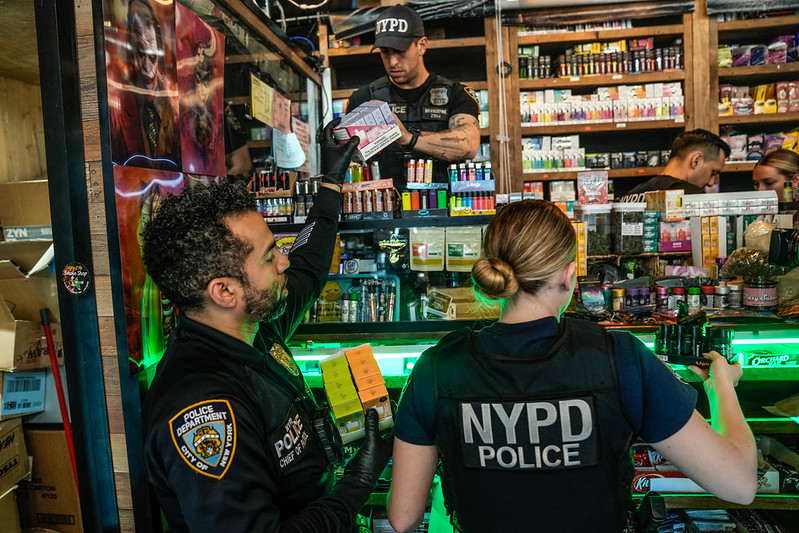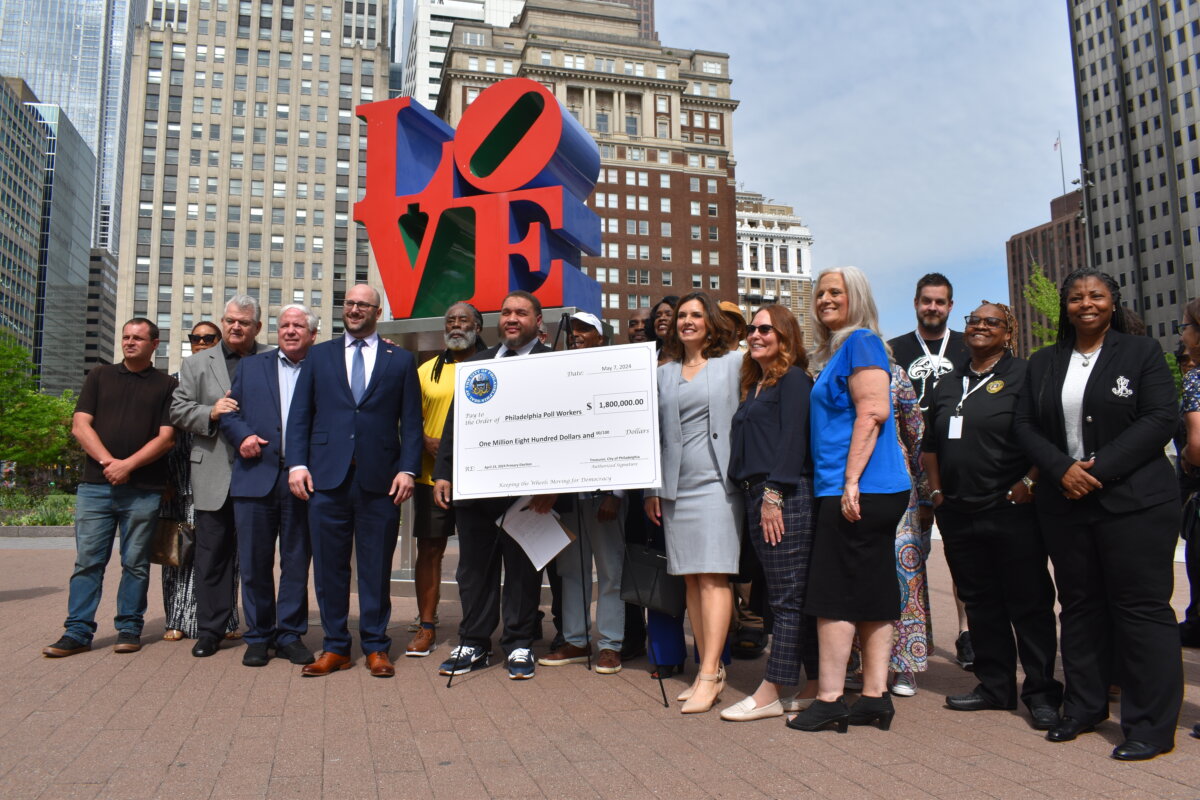There are a number of things you can do to incorporate sustainability considerations when planning meetings and conferences. Here are a few tips.
1. Consider the location: Can people walk or take public transit to the event; is the location wheelchair accessible; does the building have green features.
2. Reduce air quality impacts: Promote no-scent policies and ensure non-smoking legislation is followed. Consider chemical constituents in products such as markers, give-aways and cleaning products. For example, choose markers that are non-toxic and water-based to prevent allergic reactions. Avoid plastic giveaways like water bottles that contain chemicals such as Bisphenol A. The Environmental Defence Fund has a website providing more details on chemicals in products. Organize sustainable transportation options such as carpooling, shuttles, and bus passes. If it is your own facility, you may be able to promote idle-free zones through signage and education. Clean Nova Scotia’s DriveWiser program offers educational information and tools such as idle-free signs to organizations.
3. Minimize solid and liquid waste. Avoid paper use by providing material online. If paper is provided, double-side items and use a 100 per cent post-consumer recycled blend (widely available). Avoid using disposable items in dining and in packaging. Provide real cups, dishes, and avoid single condiment packages. Utilize and ensure the proper sorting of compost, recyclables, paper, cardboard, etc. This may require requesting more recycling/compost bins in key areas and providing participants with waste education reminders. If you are providing food at your event make sure that fats, oils and grease are not discarded down the drain.
4. Minimize energy. Turn off computers, lights, and other equipment and lower room temperature when not in use.
5. Drink local water and minimize water consumption. Avoid purchasing bottled water as this is an extra cost and unnecessary environmental impact. Support sites that have water conservation programs like towel reuse.
6. Make sustainable choices when buying products and services. Avoid unnecessary purchases. Look for certifications such as organic, fair-trade, Energy Star, Ecologo, Green Seal, or FSC to help make your choice
7. Aim to provide local, seasonal, organic and fair-trade food and products where you can.
8. Provide sustainability education through draws, announcements, in material, and sessions.
9. Consider sustainability themed gifts such as a donation or tree planting in a local area.
10. Aim to offset carbon emissions created by the event. The David Suzuki Foundation home page lists methods and links to event calculators.
















